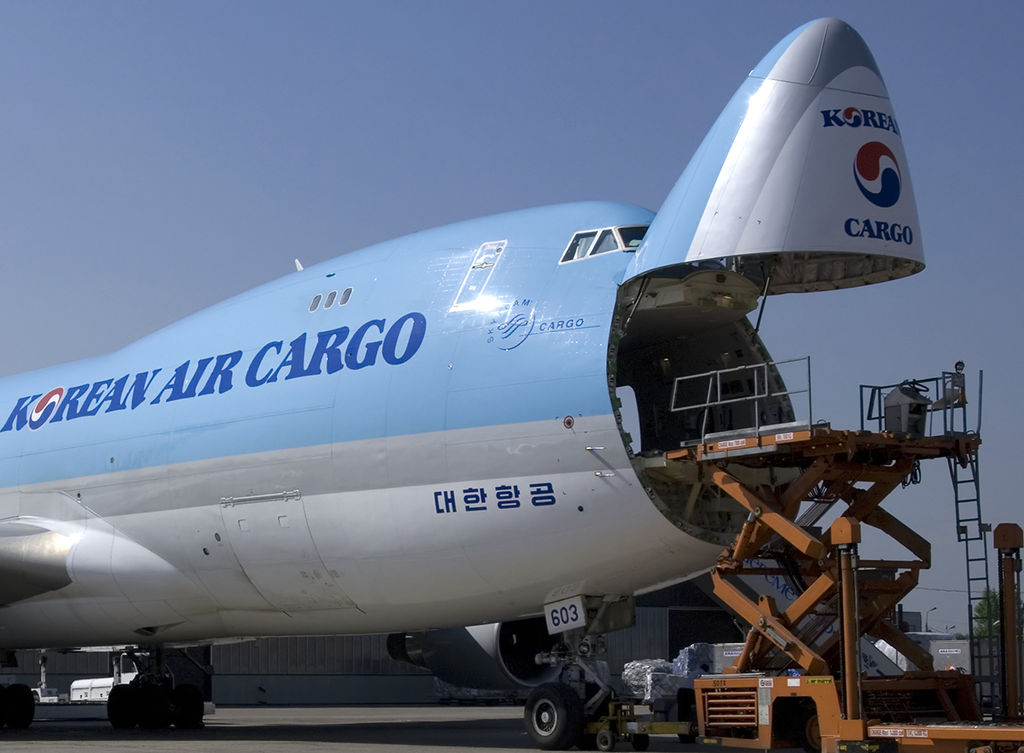Bureaucratic cargo bottlenecks could cost lives, warns IATA.
26 March, 2020
2 min read


Air cargo bottlenecks caused by bureaucratic processes are risking lives by delaying shipments vital in the war against COVID-19.
The International Air Transport Association is urging governments to take urgent measures to ensure that freight lines remain open, efficient and flexible.
The call comes as almost half the global airline passenger fleet is grounded.
Passenger aircraft normally transport almost half of total air freight shipments, leaving airlines scrambling to fill the void.
READ: Qatar Airways defies capacity trend to fly travelers home
“Air cargo is a vital partner in the global fight against COVID-19,’’ said IATA director-general Alexandre de Juniac.
“But we are still seeing examples of cargo flights filled with life-saving medical supplies and equipment grounded due to cumbersome and bureaucratic processes to secure slots and operating permits.
“These delays are endangering lives. All governments need to step up to keep global supply chains open.”
IATA wants governments to remove key obstacles by introducing fast track procedures for overflights and landing permits for freight operations, particularly into key Asian hubs.
It wants crew members operating cargo flights but who do not interact with the public to be exempted from 14-day quarantine requirements and support for temporary traffic rights for cargo flights.
It is also calling for curfews to be removed for cargo flights as well as economic impediments such as overflight charges, parking fees and slot restrictions.
The need to keep cargo operations moving efficiently has been supported by the World Health Organisation, which noted frontline health workers needed to be continuously supplied with necessary medical equipment and protective material.
A number of airlines are using cargo-only passenger aircraft domestically and internationally to bolster airfreight capacity.
They include the big three US airlines as well as carriers such as Air Canada, Aeromexico, Austrian, British Airways, Cathay Pacific, Emirates, Iberia, Korean, LATAM Lufthansa, Qantas, Scoot and Swiss.
It is our collective duty to keep these supply lines open by continuing air cargo operations,’’ said WHO chief of operations support and logistics Paul Molinaro.
“The scale-down of air passenger flow is seriously hurting our scheduled freight operations.
“We call on airline companies and governments to join the global effort to ensure dedicated freight capacity continues to operate on previously high volume passenger routes that are now closed down.”
Get the latest news and updates straight to your inbox
No spam, no hassle, no fuss, just airline news direct to you.
By joining our newsletter, you agree to our Privacy Policy
Find us on social media
Comments
No comments yet, be the first to write one.

